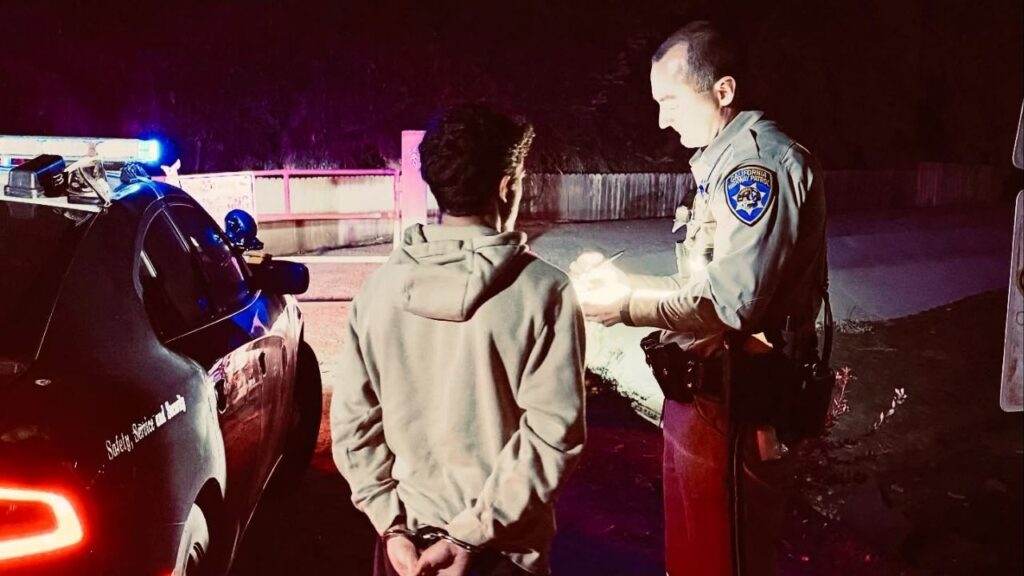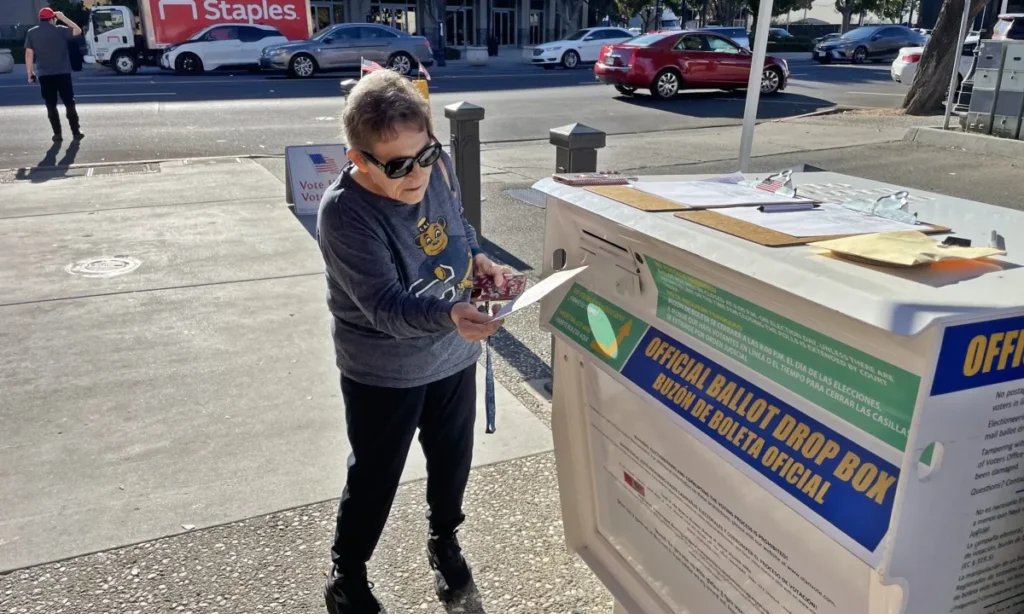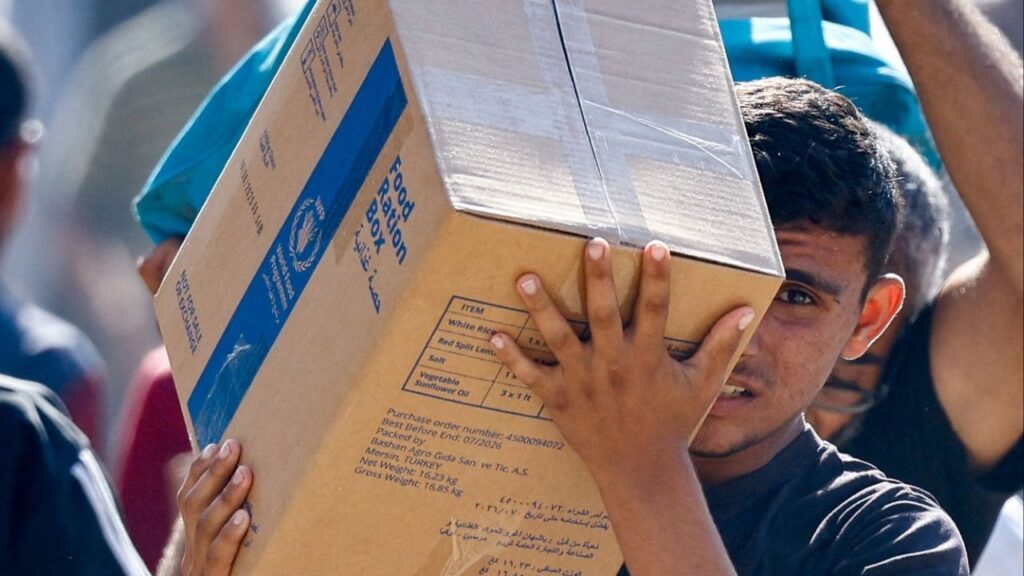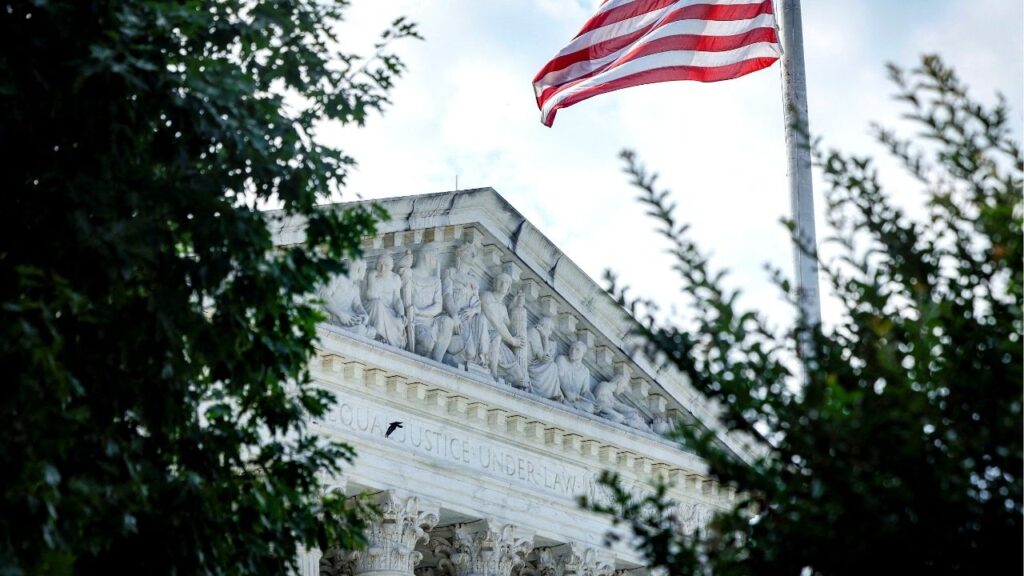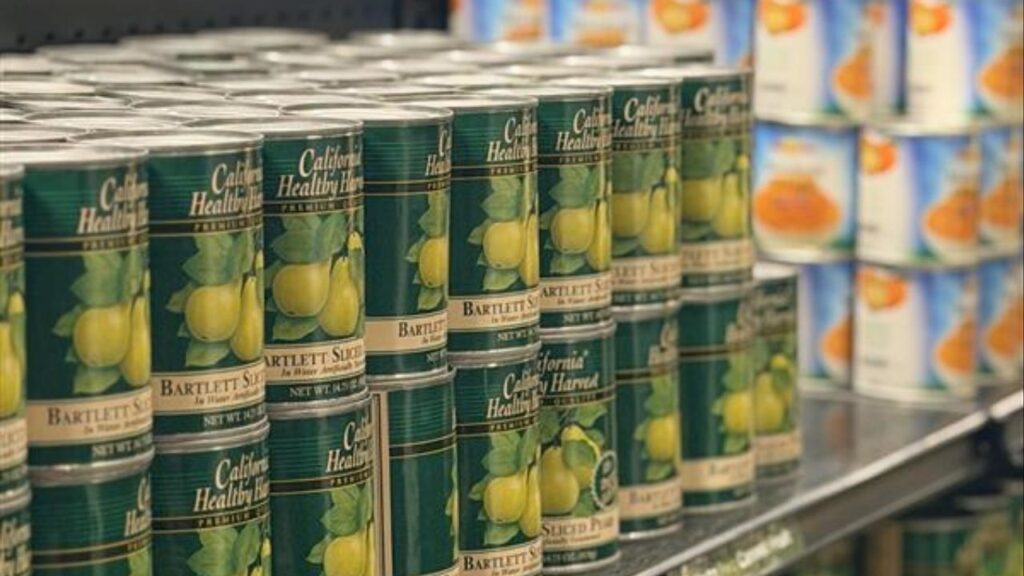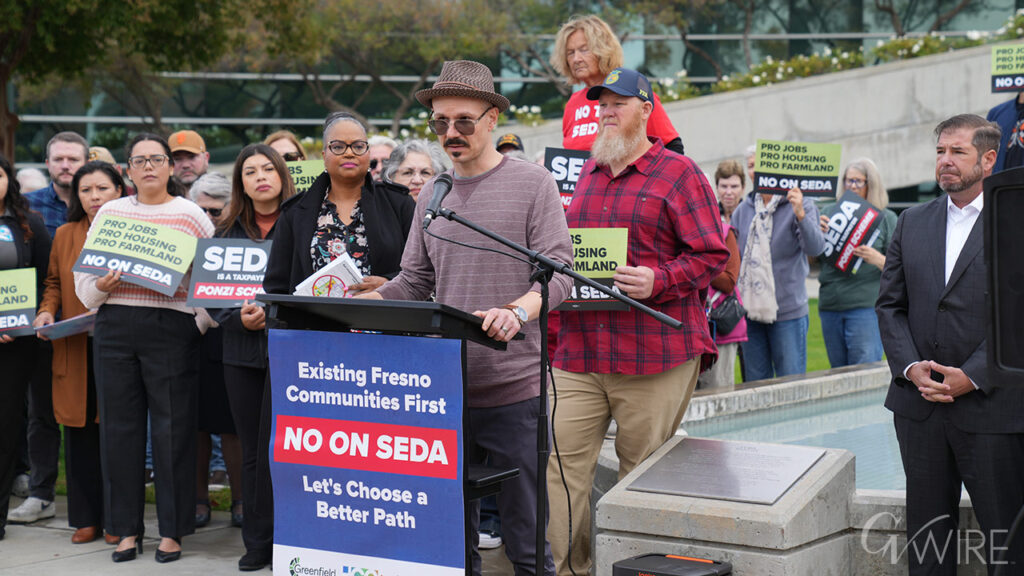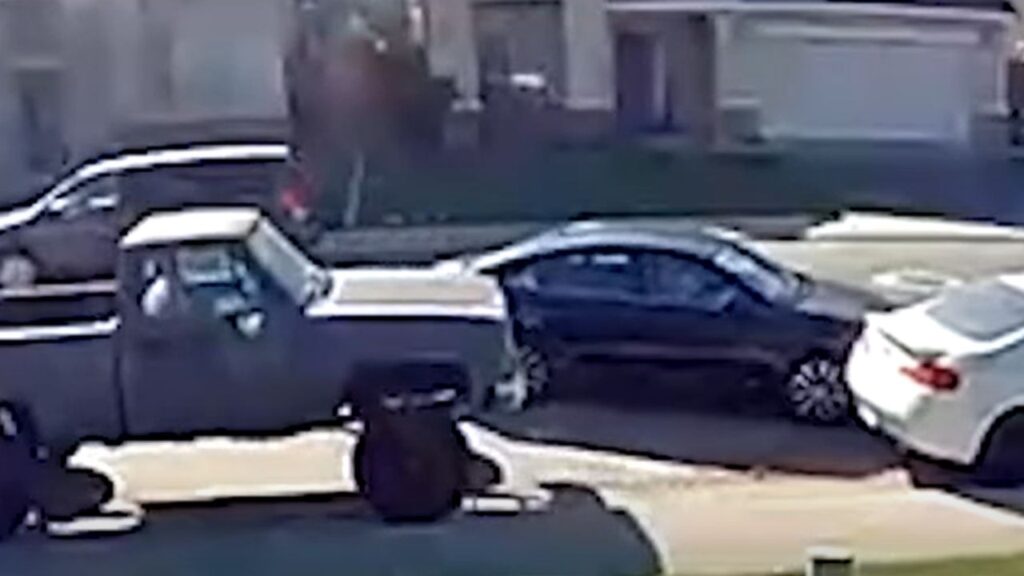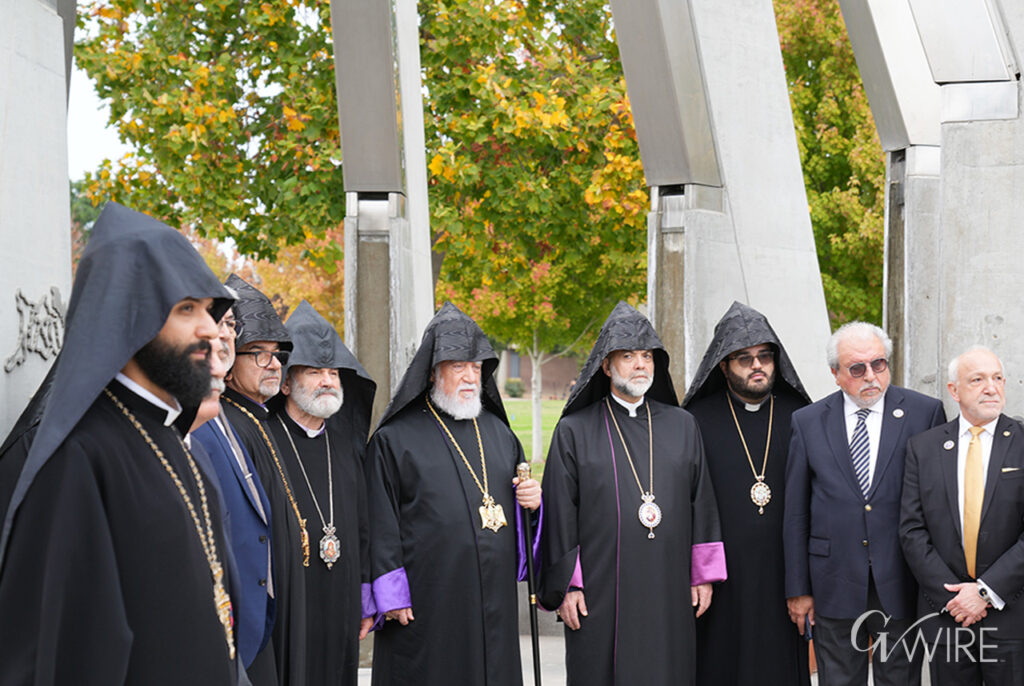Yoon Suk Yeol's release sparks controversy as South Korea grapples with political turmoil and deep societal divisions. (AP/Kim Do-hun)

- South Korea's impeached President Yoon released from prison, greeted by supporters waving flags.
- Yoon faces rebellion charges for his martial law decree, which could lead to severe penalties if convicted.
- Constitutional Court deliberates on Yoon's impeachment, with potential for national election if upheld.
Share
SEOUL, South Korea — South Korea’s impeached conservative President Yoon Suk Yeol was released from prison on Saturday, a day after a Seoul court canceled his arrest to allow him to stand trial for rebellion without being detained.
After walking out of a detention center near Seoul, Yoon waved, clenched his fists and bowed deeply to his supporters who were shouting his name and waving South Korean and U.S. flags. Yoon climbed into a black van headed to his presidential residence in Seoul.
In a statement distributed by his lawyers, Yoon said that he “appreciates the courage and decision by the Seoul Central District Court to correct illegality,” in an apparent reference to legal disputes over his arrest. He said he also thanks his supporters and asked those who are on hunger strike against his impeachment to end it.
Yoon’s Arrest and Impeachment
Yoon was arrested and indicted by prosecutors in January over his Dec. 3 martial law decree that plunged the country into huge political turmoil. The liberal opposition-controlled National Assembly separately voted to impeach him, leading to his suspension from office.
The Constitutional Court has been deliberating whether to formally dismiss or reinstate Yoon. If the court upholds his impeachment, a national election will be held to find his successor within two months.
The Seoul Central District Court said Friday it accepted Yoon’s request to be released from prison, citing the need to address questions over the legality of the investigations on the president. Yoon’s lawyers have accused the investigative agency that detained him before his formal arrest of lacking legal authority to probe rebellion charges.
The Seoul court also said the legal period of his formal arrest expired before he was indicted.
Yoon’s release came after prosecutors decided not to appeal the decision by the Seoul court. South Korean law allows prosecutors to continue to hold a suspect while pursuing an appeal, even after his or her arrest is canceled by a court.
The main liberal opposition Democratic Party, which led Yoon’s Dec. 14 impeachment, lashed out at the prosecutors’ decision, calling them “henchmen” of Yoon, a former prosecutor general. Party spokesperson Cho Seung-rae urged the Constitutional Court to dismiss Yoon as soon as possible to avoid further public unrest and anxiety.
Related Story: North Korean-Backed Hackers Steal $1.5B in Crypto, FBI Says
Allegations and Potential Consequences
At the heart of public criticism of Yoon over his martial law decree was his dispatch of hundreds of troops and police officers to the National Assembly after placing the country under military rule. Some senior military and police officials sent to the assembly have testified that Yoon ordered them to pull out lawmakers to thwart a parliamentary vote on the decree. Yoon has countered that he aimed to maintain order.
Enough lawmakers eventually managed to enter an assembly hall and voted unanimously to overturn Yoon’s decree.
Investigators have alleged Yoon’s martial-law decree amounted to rebellion. If he’s convicted of that offense, he would face the death penalty or life imprisonment. Yoon has presidential immunity from most criminal prosecutions but that doesn’t cover grave charges like rebellion and treason.
Yoon has said he didn’t intend to maintain martial law for long as he only attempted to inform the public of the danger of the Democratic Party, which obstructed his agenda and impeached many senior officials and prosecutors. In his martial law announcement, Yoon called the assembly “a den of criminals” and “anti-state forces.”
South Korea’s conservative-liberal divide is severe, and rallies either supporting or denouncing Yoon’s impeachment have divided Seoul streets. Experts say whatever decision the Constitutional Court makes, the division is certain to worsen.
RELATED TOPICS:
Categories
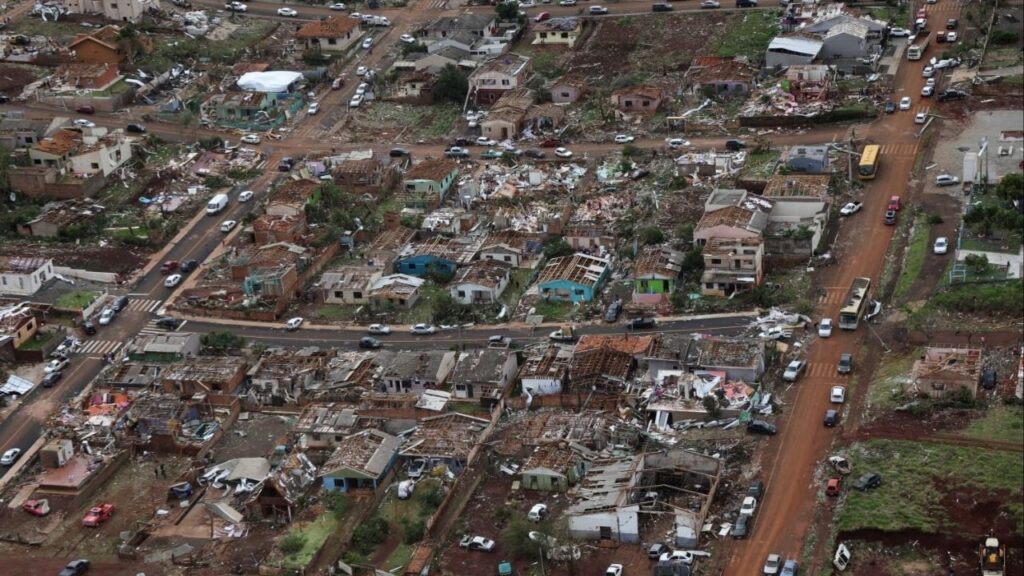
Tornado in Southern Brazil Kills Six, Injures Hundreds







